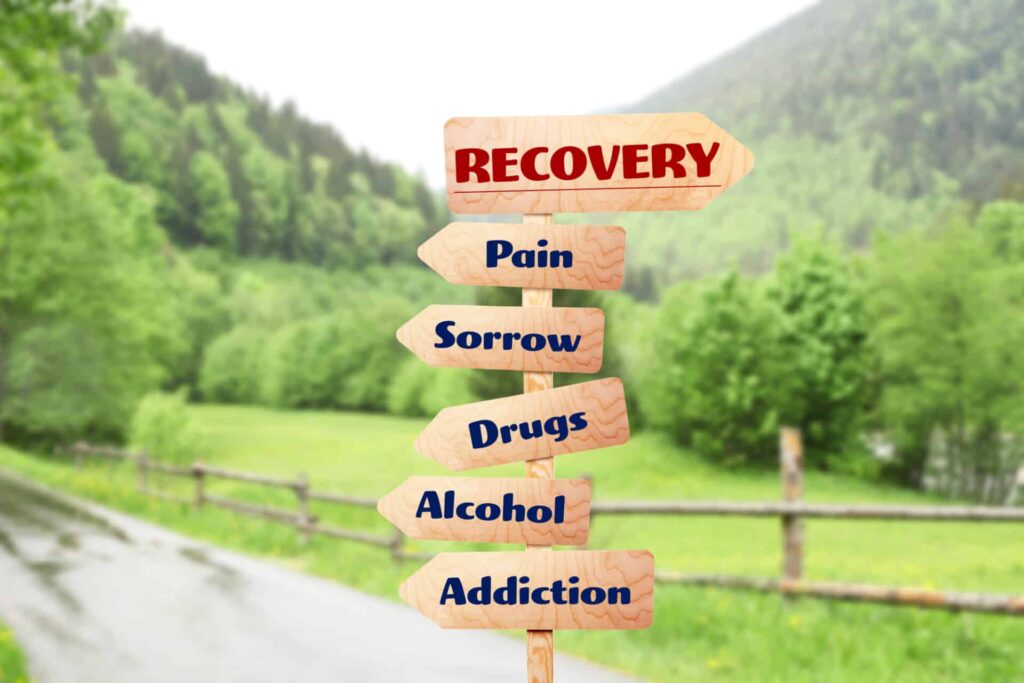Specialized mental health treatment services address both psychological well-being.
Trick Kind of Dependency Therapy: Browsing Alcoholism Recuperation With Evidence-Based Practices
In the world of alcoholism recovery, the combination of Cognitive-Behavioral Treatments (CBT) and Medication-Assisted Therapy (FLOOR COVERING) marks a crucial stride in the direction of efficacy and patient-centered treatment. CBT supplies an organized path to reframe destructive idea patterns, while floor covering gives a biochemical footing versus the physical adversities of withdrawal. When these evidence-based methods are supplemented with alternative approaches, such as mindfulness and dietary assistance, they form a durable structure for treatment. The journey through these methods provides unique challenges and outcomes, laying bare the inquiry of exactly how these therapies concretely intersect to promote continual recovery.

Understanding Cognitive-Behavioral Therapies in Alcohol Dependency Healing
As alcohol addiction recovery develops, cognitive-behavioral therapies (CBT) have become a keystone in reliable therapy methods. CBT operates the concept that maladaptive behaviors, such as too much drinking, are driven by useless ideas and ideas. Treatment concentrates on recognizing these adverse patterns and mentor individuals just how to challenge and change them with more useful reasoning. This therapy is not just regarding taking care of behaviors but likewise reshaping cognitive procedures, which can lead to continual soberness. Sessions typically entail useful skills training, such as coping methods for dealing with yearnings and stress and anxiety administration strategies. The adaptable nature of CBT enables it to be customized to the one-of-a-kind demands of each person, improving its effectiveness in the world of alcohol recovery.

The Function of Medication-Assisted Therapy in Taking Care Of Withdrawal and Cravings
Medication-assisted treatment (MAT) plays an essential function in the monitoring of withdrawal signs and visit our website symptoms and food cravings in people recuperating from alcohol addiction. Mental Health Treatment. Such integration supports the retention in therapy programs and adds dramatically to avoiding regression, noting MAT as a cornerstone of effective alcohol addiction therapy.

Integrating Holistic Approaches With Conventional Treatments for Comprehensive Treatment
While medication-assisted therapy gives a fundamental approach to alcohol healing, integrating holistic approaches with i thought about this standard therapies provides a much more thorough treatment model. This synthesis makes it possible for the therapy of the entire person, dealing with not only the physical aspects of dependency however likewise the psychological, emotional, and spiritual dimensions. Methods such as mindfulness, yoga, and acupuncture enhance cognitive-behavioral treatment (CBT) and team sessions, sustaining stress and anxiety reduction and emotional guideline. Nutrition and workout programs further improve physical health and wellness and durability. By integrating these varied strategies, therapy programs can tailor interventions to individual requirements, promoting a more lasting recovery. This incorporated technique emphasizes the importance of a complex technique in the reliable treatment of alcoholism.
Conclusion
To luxury rehab conclude, efficient alcoholism recovery leverages a combination of evidence-based techniques. Cognitive-Behavioral Treatments reframe negative attitude, while Medication-Assisted Therapy tackles the physical challenges of withdrawal and yearnings. Integrating holistic approaches, such as mindfulness and appropriate nutrition, with conventional therapies ensures a detailed care approach. Customized to private requirements and supported with time, these approaches collectively enhance the likelihood of continual sobriety and total wellness in recouping people. addiction recovery center.